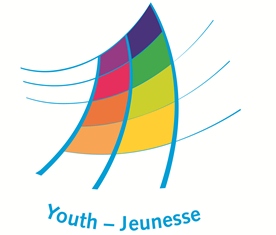The European Convention on Human Rights sets forth a number of fundamental rights and freedoms that apply to all people who are on the territory of the states having signed and ratified it (including foreigners from other states that have not ratified the Convention). It also establishes an international enforcement machinery – the European Court of Human Rights in Strasbourg – to ensure the observance of the engagements undertaken by the signatory states. The Convention states in its Article 11 that “Everyone has the right to freedom of peaceful assembly and to freedom of association with others, including the right to form and to join trade unions for the protection of his interests”. As freedom of assembly and association is not an absolute right, it can be restricted but only when it is in line with existing legislation in a democratic state in the interests of national security or public safety, for the prevention of disorder or crime, for the protection of health or morals or for the protection of the rights and freedoms of others. People who believe that their rights, as set out in the Convention, have been violated have the right to seek solution to their case before a national authority (Art. 13 – Right to an effective remedy). What is more, Article 14 prohibits discrimination on any ground that may impede the enjoyment of rights and freedoms set forth in the Convention.
Youth specific: No



